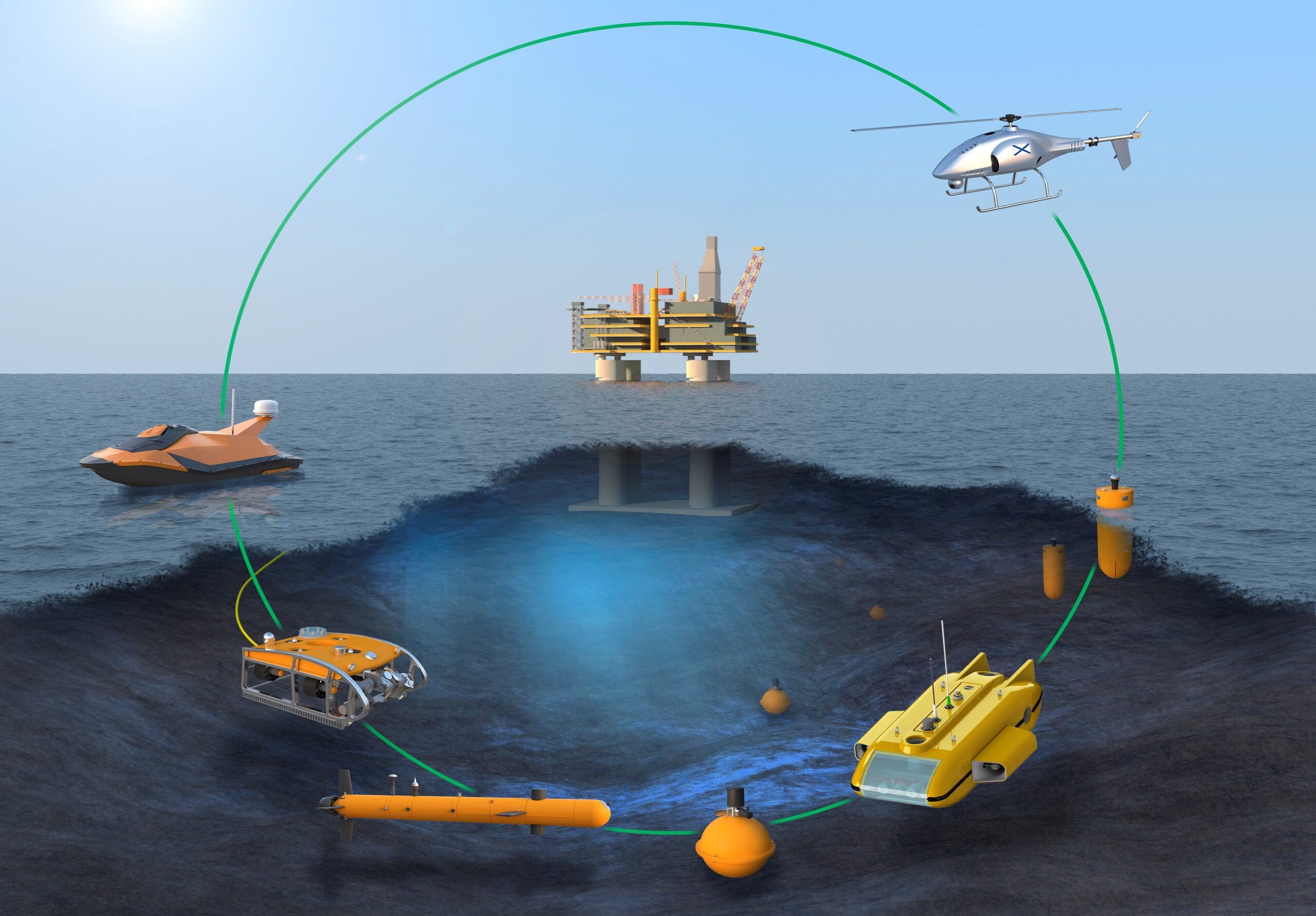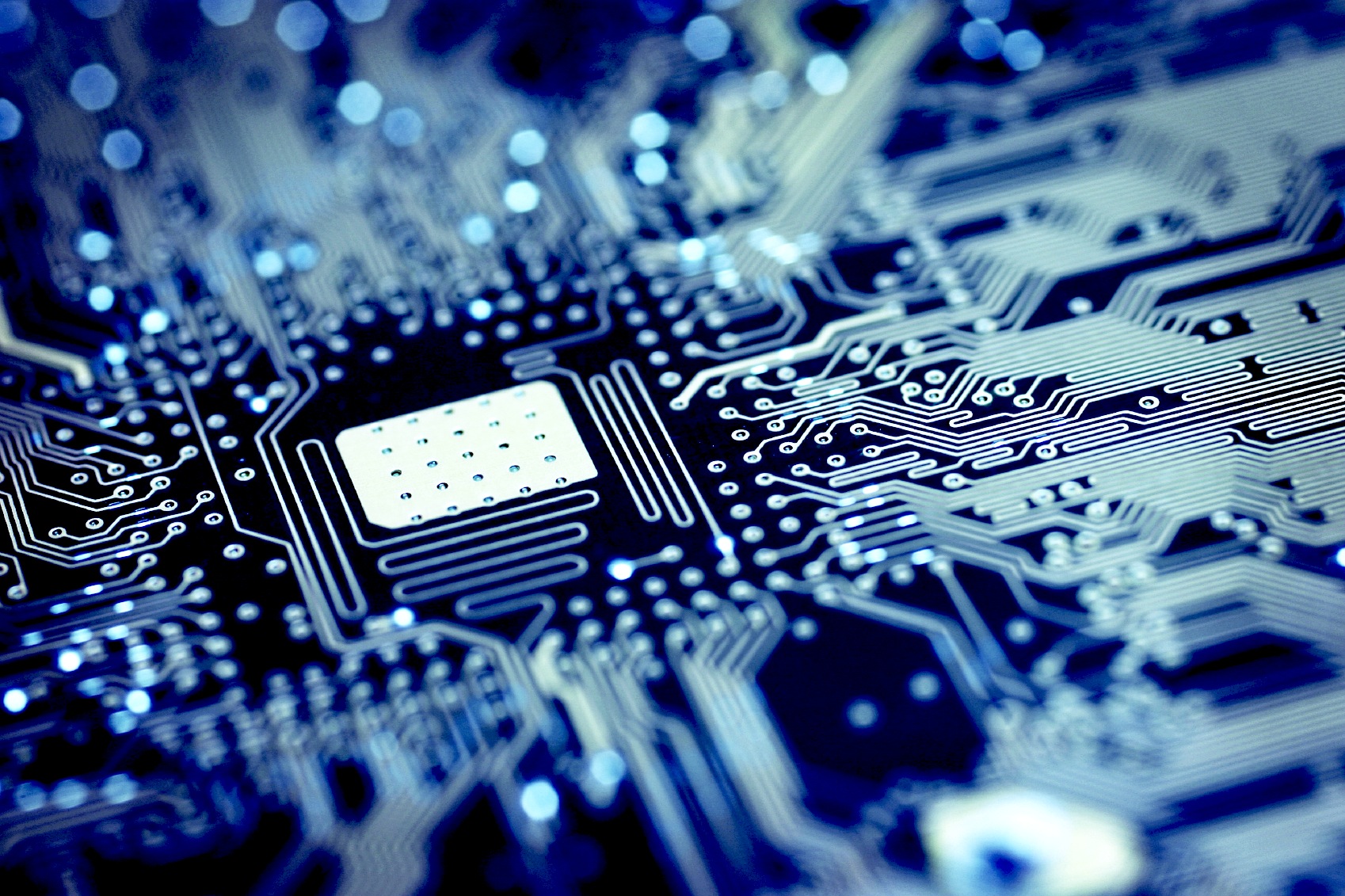
Researchers from John Hopkins College and Cortical Labs recommend that it’s time to create a brand new form of laptop that makes use of organic elements. They imagine that organic computer systems may just outperform digital computer systems in sure packages and use considerably much less electrical energy.
The way forward for computing entails biology says a world staff of scientists.
The time has come to create a brand new more or less laptop, say researchers from John Hopkins College at the side of Dr. Brett Kagan, leader scientist at Cortical Labs in Melbourne, who just lately led construction of the DishBrain mission, through which human cells in a petri dish realized to play Pong.
In an editorial printed on February 27 within the magazine Frontiers in Science, the staff outlines how organic computer systems may just surpass nowadays’s digital computer systems for sure packages whilst the use of a small fraction of the electrical energy required by means of nowadays’s computer systems and server farms.
Organoid intelligence (OI) is an rising clinical box aiming to create biocomputers the place lab-grown mind organoids function ‘organic {hardware}’. Of their article, printed in Frontiers in Science, Smirnova et al., define the multidisciplinary technique had to pursue this imaginative and prescient: from next-generation organoid and brain-computer interface applied sciences, to new machine-learning algorithms and massive information infrastructures.
They’re beginning by means of making small clusters of fifty,000 mind cells grown from stem cells and referred to as organoids. That’s a few 3rd the scale of a fruit fly mind. They’re aiming for 10 million neurons which might be in regards to the choice of neurons in a tortoise mind. Through comparability, the common human mind has greater than 80 billion neurons.
The thing highlights how the human mind continues to hugely outperform machines for specific duties. People, for instance, can discover ways to distinguish two kinds of items (similar to a canine and a cat) the use of only a few samples, whilst AI algorithms want many hundreds. And whilst AI beat the arena champion in Move in 2016, it used to be skilled on information from 160,000 video games – the identical of gambling for 5 hours on a daily basis, for greater than 175 years.

Mind organoid. Credit score: Johns Hopkins College
Brains also are extra power environment friendly. Our brains are concept so that you could retailer the identical of greater than one million occasions the capability of a mean house laptop (2.5 petabytes), the use of the identical of only a few watts of energy. US information farms, against this, use greater than 15,000 megawatts a yr, a lot of it generated by means of dozens of coal-fired energy stations.
Within the paper, the authors define their plan for “organoid intelligence,” or OI, with the mind organoids grown in cell-culture. Even though mind organoids aren’t “mini brains,” they percentage key facets of mind serve as and construction. Organoids would wish to be dramatically expanded from round 50,000 cells these days. “For OI, we might wish to build up this quantity to ten million,” says senior writer Prof Thomas Hartung of Johns Hopkins College in Baltimore.

Dr. Brett Kagan. Credit score: Cortical Labs
Brett and his colleagues at Cortical Labs have already demonstrated that biocomputers in keeping with human mind cells are imaginable. A contemporary paper in Neuron confirmed {that a} flat tradition of mind cells may just discover ways to play the online game Pong.
“We now have proven we will be able to have interaction with residing organic neurons in any such approach that compels them to change their task, resulting in one thing that resembles intelligence,” says Kagan of the slightly easy Pong-playing DishBrain. “Operating with the staff of fantastic other folks assembled by means of Professor Hartung and co-workers for this Organoid Intelligence collaboration, Cortical Labs is now seeking to reflect that paintings with mind organoids.”
“I’d say that replicating [Cortical Labs’] experiment with organoids already fulfills the elemental definition of OI,” says Thomas.
“From right here on, it’s only a topic of establishing the group, the equipment, and the applied sciences to understand OI’s complete doable,” he stated.
“This new box of biocomputing guarantees unheard of advances in computing pace, processing energy, information potency, and garage functions – all with decrease power wishes,” Brett says. “The specifically thrilling facet of this collaboration is the open and collaborative spirit through which it used to be shaped. Bringing those other professionals in combination is not just important to optimize for luck however supplies a essential contact level for business collaboration.”
And the era may just additionally allow scientists to raised find out about customized mind organoids advanced from pores and skin or small blood samples of sufferers affected by neural problems, similar to Alzheimer’s disease, and run tests to investigate how genetic factors, medicines, and toxins influence these conditions.
For more on this research, see Revolutionary Biocomputers Powered by Human Brain Cells.
Reference: “Organoid intelligence (OI): the new frontier in biocomputing and intelligence-in-a-dish” by Lena Smirnova, Brian S. Caffo, David H. Gracias, Qi Huang, Itzy E. Morales Pantoja, Bohao Tang, Donald J. Zack, Cynthia A. Berlinicke, J. Lomax Boyd, Timothy D. Harris, Erik C. Johnson, Brett J. Kagan, Jeffrey Kahn, Alysson R. Muotri, Barton L. Paulhamus, Jens C. Schwamborn, Jesse Plotkin, Alexander S. Szalay, Joshua T. Vogelstein, Paul F. Worley and Thomas Hartung, 27 February 2023, Frontiers in Science.
DOI: 10.3389/fsci.2023.1017235
Supply Through https://scitechdaily.com/the-future-of-computing-includes-biology-ai-computers-powered-by-human-brain-cells/



